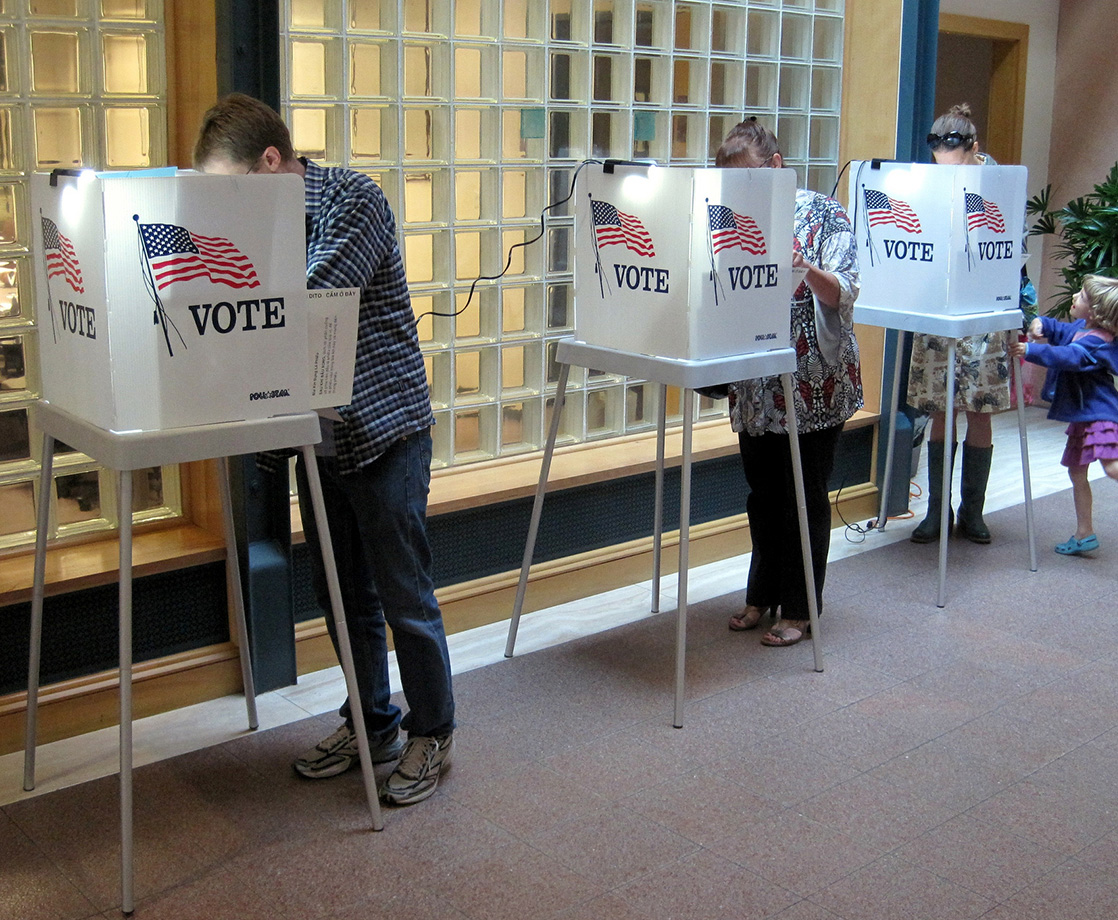Illinois voters could be the Midwest's first cannabis legalization test group this November, despite a lack of real-world implications for the proposed ballot measure.
According to Marijuana Moment, the Illinois State Senate passed Senate Bill 2275 in a 37-13 vote on Thursday, advancing the non-binding cannabis legalization "advisory referendum" ballot measure to the House of Representatives.
If passed by both sections of the legislature, Illinois voters would voice their opinion at the ballot box this November as to whether the state should "…legalize the cultivation, manufacture, distribution, testing, and sale of marijuana and marijuana products for recreational use by adults 21 and older subject to state regulation, taxation, and local ordinance."
Unlike votes in states like Colorado, California, Massachusetts, and more, the "advisory referendum" tag means that legislators, not Illinois citizens, will have the final say in ending prohibition, with the bill's sponsor, Senator Bill Cunningham calling the proposed ballot question a "statewide opinion poll."
"The debate over marijuana legalization is continuing to lead many states to consider various ideas and changes to current laws," Sen. Cunningham said in a press release after Thursday's vote. "Asking the people of Illinois how they feel about the subject can help determine which path we take as legislators."
Prairie State lawmakers have been open to cannabis reform for years, with a medical program and a statewide decriminalization law already on the books. SB 2257's early success certainly points towards the prospect of a legitimate discussion about adult-use legalization in 2019, but that support could be moot in the face of Illinois Governor Bruce Rauner, who told reporters this week that, as of now, he would veto any comprehensive legalization bill that makes it to his desk.
In an interview with the Ford County Record published Wednesday, Gov. Rauner cited a number of classic anti-legalization talking points as reasons to block recreational cannabis legalization, including increases in potency, teen use, and an open-ended "wait and see" precaution.
"Recreational marijuana, just for personal use, I think is a huge experiment," Rauner told the Ford County Record. "We don't know. And the drug has changed — marijuana has changed a tremendous amount over the last 30-40 years. It's very, very potent. We don't know how it impacts the developing brain. We don't know what it does to pregnant women. We don't know a lot of things."
The Governor continued: "Colorado has legalized it. California just legalized it. And what I've recommended is, 'Let's not legalize it in Illinois now. Let's watch what's happening in these other states and learn.'"
Like the current wait for legal weed sales in Maine, caused largely by disagreements in the legislature and a very public regulatory veto from Governor Paul LePage, Gov. Rauner's hesitancy could possibly delay legalization for years. In Maine, voters legalized the possession, use, and sale of cannabis in November 2016, but are still months, if not years, away from seeing licensed adult-use pot shops.
SB 2275 will now move to the Illinois House of Representatives for a vote, and if successful will move to Gov. Rauner's desk, where he will have the final say on whether to place the statewide legalization opinion poll on November's ballot.
Follow Zach Harris on Twitter











